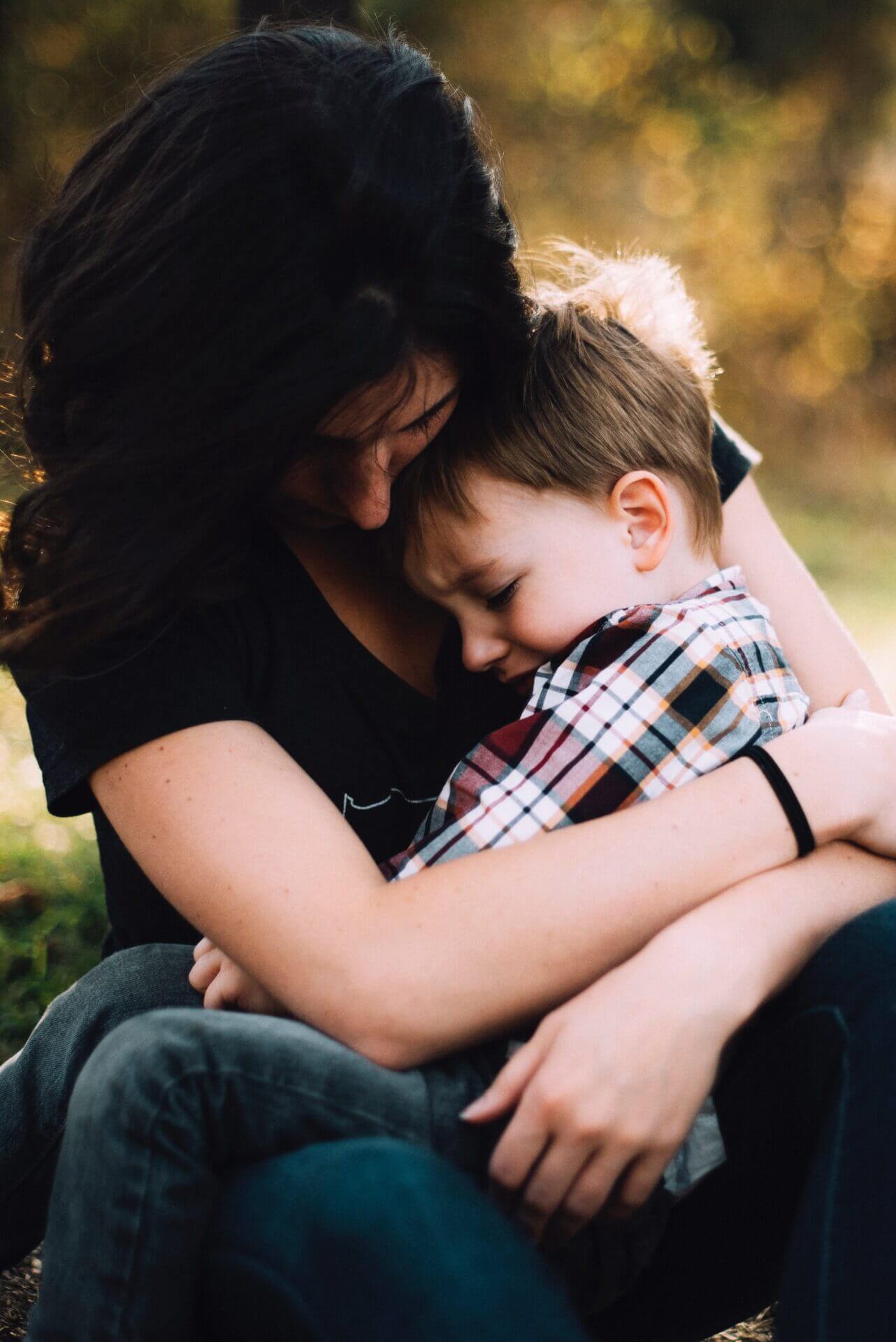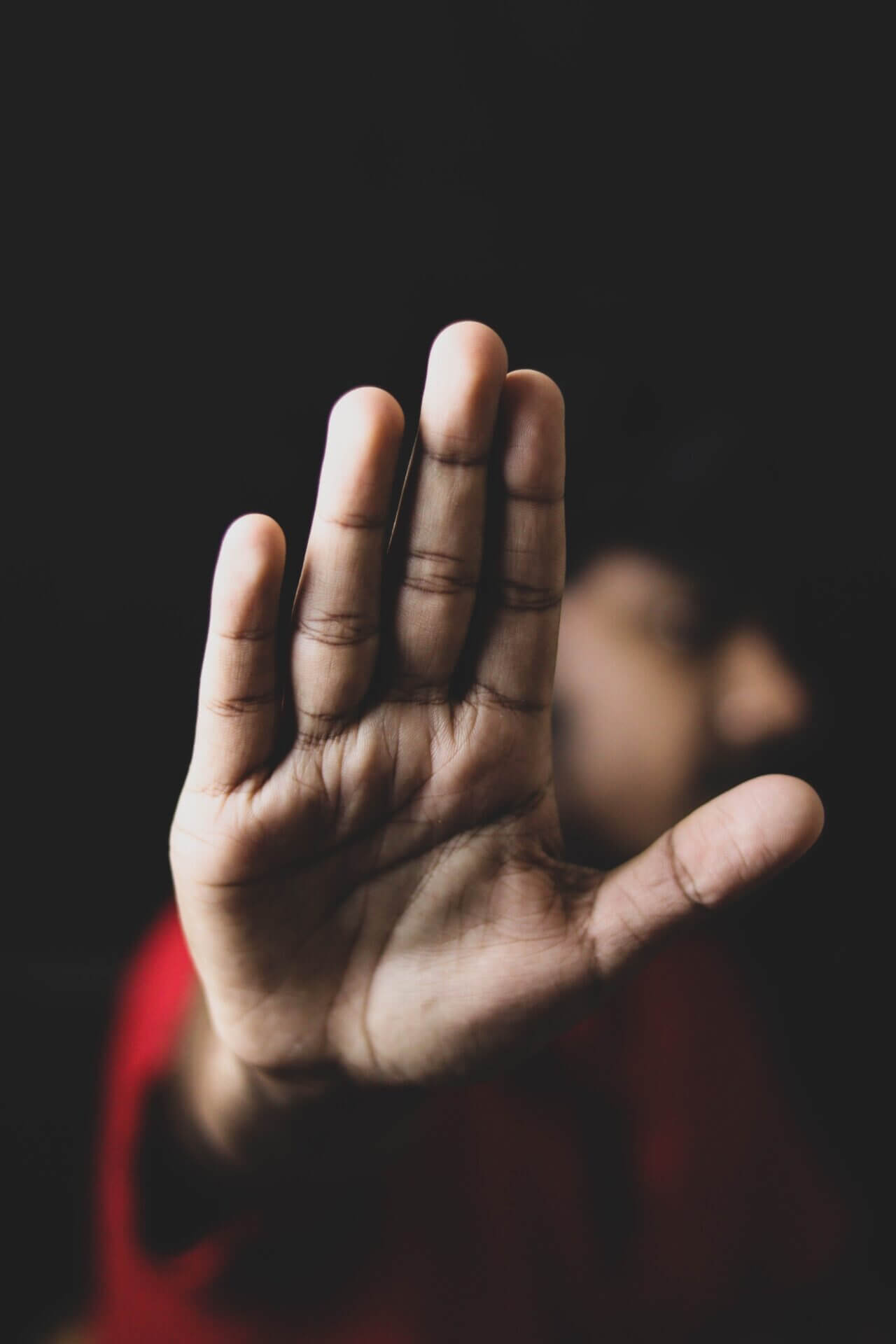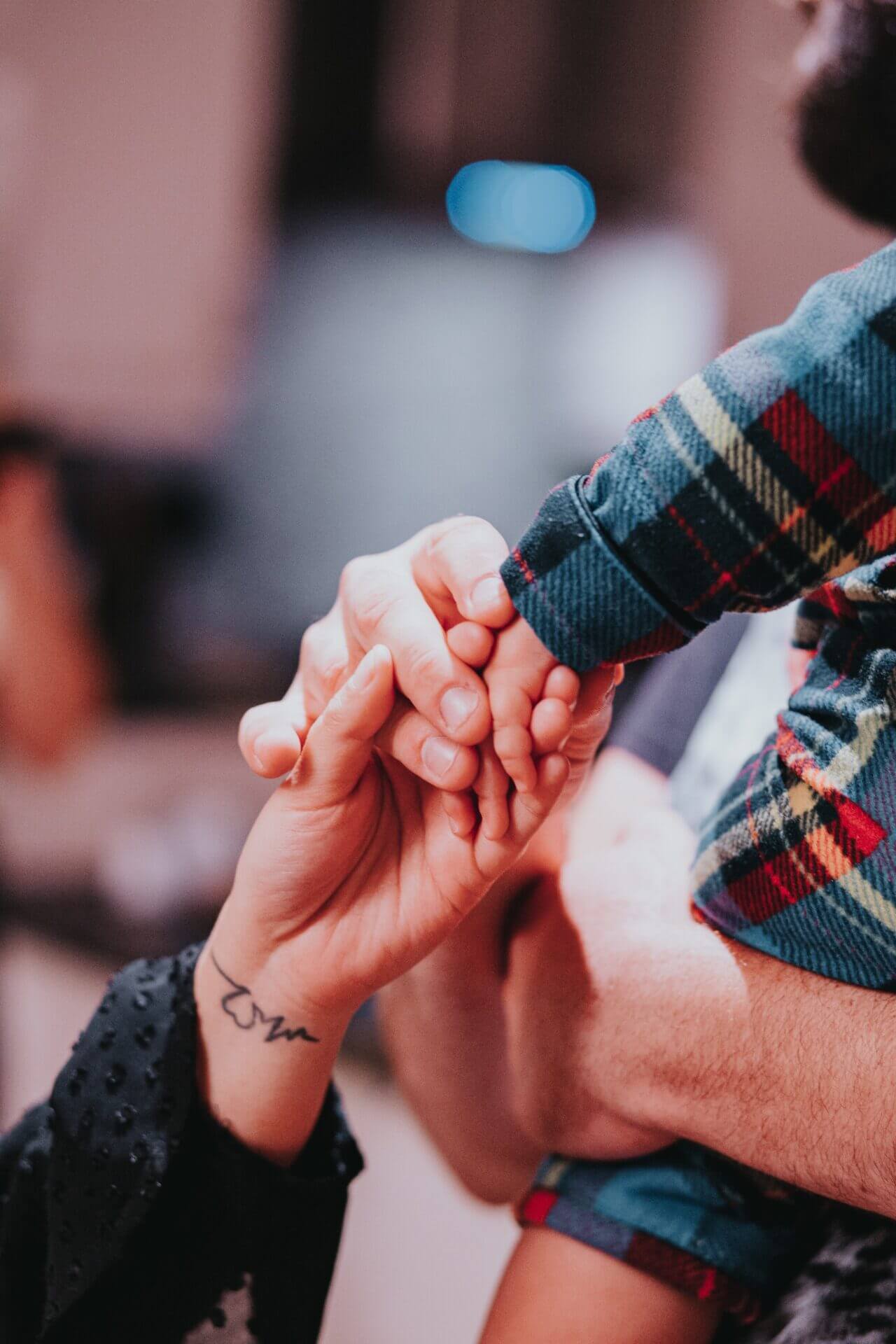VAWA Immigration
VAWA help survivors of domestic violence to escape abusive situations and rebuild their lives. Our team is committed to supporting survivors of domestic abuse and ensuring that they are aware of their rights under VAWA.
What is VAWA?

VAWA stands for the Violence Against Women Act, which is a federal law in the United States that was first enacted in 1994. Its purpose is to provide crucial support and resources to survivors of domestic violence, sexual assault, and other forms of gender-based violence.
Through VAWA, survivors can access life-saving services that can help them escape from dangerous situations, seek justice, and begin the process of healing. These include legal assistance, housing support, and counseling. The law also establishes criminal penalties for certain acts of violence and provides grants to organizations working to prevent and respond to gender-based violence.
With the help of a VAWA immigration lawyer in Phoenix, survivors can access the legal support and guidance they need to apply for legal status in the United States.
What is a VAWA self-petition?
A VAWA self-petition is a legal tool available that allows survivors of domestic violence, sexual assault, and other forms of gender-based violence to apply for legal status in the United States without the support of their abuser. This means that a survivor can file an immigration petition on their own behalf, rather than relying on their abusive spouse or family member to sponsor them.
To be eligible for a VAWA self-petition, the survivor must demonstrate that they have suffered abuse at the hands of their US citizen or lawful permanent resident spouse or parent and that the abuse was a central reason for the breakdown of the relationship. With the help of a VAWA immigration lawyer, VAWA self-petitions can provide a pathway to safety and stability for survivors who might otherwise be trapped in abusive situations because of their immigration status.

VAWA Eligibility Requirements

To be eligible for VAWA protections, a person must be a victim of domestic violence, sexual assault, or other qualifying crimes, and must be able to demonstrate that the abuser is a US citizen or lawful permanent resident.
Our esteemed law firm is here to assist you in determining your eligibility for VAWA benefits. In our first meeting, our experienced team will guide you through the process, providing expert advice and clarity. Don’t miss out on the potential protection and opportunities available to you. Together, let’s explore the path to a brighter future.
Meeting these requirements can be a complex and challenging process, but survivors who are eligible for a VAWA self-petition can gain legal status and begin the process of building a new life free from abuse. It is important to note that eligibility requirements may vary depending on the specific type of VAWA relief being sought, such as a self-petition, U visa, or T visa. Survivors of gender-based violence should seek the guidance of an experienced VAWA immigration lawyer in Phoenix to determine their eligibility for VAWA protections.
What documents do I need for VAWA self-petition?
The specific documents required for a VAWA self-petition may vary depending on the circumstances of the case and the evidentiary requirements of the immigration authorities.
In our very first meeting, our exceptional team will equip you with a powerful arsenal of documents for your VAWA self-petition. These essential resources will serve as your voice, conveying your story with strength and conviction.
From compelling personal statements to persuasive evidence, we’ll provide you with the tools you need to make your case shine. Together, we’ll pave the way to a brighter, safer tomorrow. Get ready to reclaim your power and rewrite your narrative!
An experienced VAWA immigration lawyer can help survivors of gender-based violence gather the necessary documentation and navigate the VAWA self-petition process.

Benefits of VAWA self-petition
The VAWA self-petition is an important legal remedy for survivors of gender-based violence who wish to obtain legal status in the United States. Some of the key benefits of the VAWA self-petition include:

![]() Protection from deportation: Survivors who are granted VAWA relief are protected from removal from the United States.
Protection from deportation: Survivors who are granted VAWA relief are protected from removal from the United States.
![]() Work authorization: VAWA self-petitioners may be eligible for work authorization while their petition is pending.
Work authorization: VAWA self-petitioners may be eligible for work authorization while their petition is pending.
![]() Access to social services: Survivors who are granted VAWA relief may be eligible for a range of social services, including housing assistance, medical care, and counseling.
Access to social services: Survivors who are granted VAWA relief may be eligible for a range of social services, including housing assistance, medical care, and counseling.
![]() Eligibility for permanent residency: Survivors who are granted VAWA relief may be eligible to apply for permanent residency in the United States.
Eligibility for permanent residency: Survivors who are granted VAWA relief may be eligible to apply for permanent residency in the United States.
![]() Family reunification: Survivors who obtain legal status through VAWA may be able to petition for family members to join them in the United States.
Family reunification: Survivors who obtain legal status through VAWA may be able to petition for family members to join them in the United States.
Get the Protection You Deserve: Hire a VAWA Lawyer Today

FAQs to Help You Prepare!
Under the Violence Against Women Act (VAWA), both women and men can file a self-petition if they have been victims of domestic violence, sexual assault, or other gender-based crimes perpetrated by a US citizen or lawful permanent resident. As long as they meet the eligibility requirements, including demonstrating the abuse and the qualifying relationship with the abuser, men can file a VAWA self-petition and seek legal status in the United States.
After submitting your I-360 form for a VAWA self-petition, it typically takes between 16 to 21 months for the U.S. Citizenship and Immigration Services to process your application. If you meet all the requirements and are deemed eligible, you will receive a Prima Facie Determination Notice from USCIS. This notice acknowledges that you have provided sufficient evidence to establish a “prima facie” case for your VAWA self-petition and allows you to access certain public benefits while your case is pending.
A VAWA self-petition is a form of relief available to survivors of domestic violence, sexual assault, and other forms of gender-based violence who have been abused by a US citizen or lawful permanent resident. A U visa is a form of relief available to victims of certain crimes who have suffered substantial physical or mental abuse and who have been helpful to law enforcement in the investigation or prosecution of the crime. Survivors of gender-based violence should seek the guidance of an experienced VAWA immigration lawyer in Phoenix to determine their eligibility.Call us: 602-795-5550.
Yes, you may apply for work authorization while your VAWA self-petition is pending. You will need to file a Form I-765, Application for Employment Authorization, and provide evidence of your pending VAWA self-petition. USCIS will generally issue a decision on your work authorization application within 90 days. However, it is important to consult with an experienced vawa immigration lawyer to ensure that you meet all the eligibility requirements and properly submit your application. Get in touch with us: 602-795-5550.
If USCIS denies your VAWA self-petition, you may have the option to file an appeal or a motion to reopen or reconsider the decision. The specific options available to you will depend on the reason for the denial and the specific circumstances of your case. It is important to consult with an experienced immigration lawyer as soon as possible if your VAWA self-petition is denied, as there are strict deadlines for filing appeals and motions. If you are unable to overturn the denial, you may need to explore other options for obtaining legal status in the United States. Contact us at: 602-795-5550
Yes, if you are in removal proceedings, you can still apply for VAWA through USCIS. If your application is approved, the immigration judge may be able to adjust your status and grant you a green card in court. It is important to consult with an experienced VAWA immigration lawyer to assess your eligibility and determine the best course of action.

Contact Us Today
We are here to help you with all your immigration needs. Contact us today to schedule a consultation with one of our experienced attorneys. We will listen to your unique situation and provide you with personalized advice and guidance.


